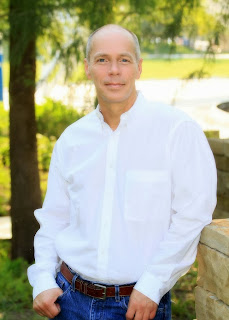I went by myself because none of my friends or family in the area are caught up with the latest episodes. The only theater that had a showing of The Day of the Doctor was over an hour away, but in the end I decided it was worth it. Matt Smith is my favorite Doctor and his time is very limited. Plus, 3D! So I left early, arriving at the mall an hour and half before the movie was scheduled to start. I checked in at the kiosk and got my ticket. There was already a fair number of people in "line" (a roped off area marked "Doctor Who" showing 7:30).
This was only my second experience going to the movies by myself, but I had faith that an audience of my fellow whovians would be friendly and I was not disappointed. People of all ages were waiting patiently in line, most seated, chatting about their theories and favorite Doctor Who moments. I sat down behind some high school girls. Behind me a middle-aged woman and her mother sat down. There were fezs galore and plenty of bow ties and converse shoes. I even recognized a t-shirt from an artist I follow, Karen Hallion.
The theater staff let us in with still an hour to go. I got a good seat a little less than halfway up the rows and right in the middle. An older gentleman watched my seat and coat for me while I ran to get popcorn and a drink. After I sat back down, I was joined by a father and his thirteen-year-old daughter. They were charming and we spent the next hour discussing our mutual love for this five decade long television epic.
I enjoyed the episode thoroughly, but I enjoyed the people around me even more. When the lights dimmed, I could feel the tension around me. The eager anticipation. The excitement. Matt Smith appeared larger than life (watch out for that chin! Yowzah!) and gave a brief intro and told us to put our 3D glasses on. Then David Tennant appeared and the crowd went wild, drowning out his words.
Laughter and gasps and tears rippled through the audience as we shared this incredible experience. There are few opportunities to share feelings with a crowd of strangers and honestly I felt a little overwhelmed. I've spent the last year or so as basically a hermit, but for once the crowd didn't make me feel panicked. These people are part of my tribe. I don't know most of their names and I'll likely never see them again, but for an hour and a half we shared something bigger on the inside. We shared excitement and anxiety. Terror and hope. We connected through this fairy tale of a mad man with a blue box.
There're only three words that can express what this experience meant to me.
Fantastic! Allons-y! Geronimo!



.JPG)
































.jpg)






